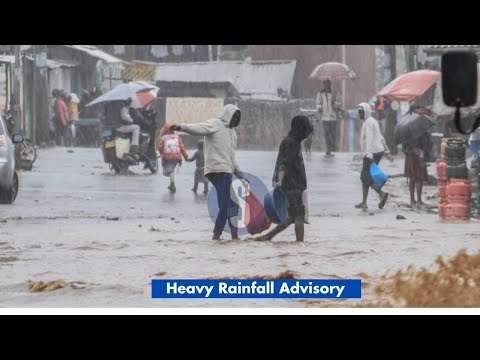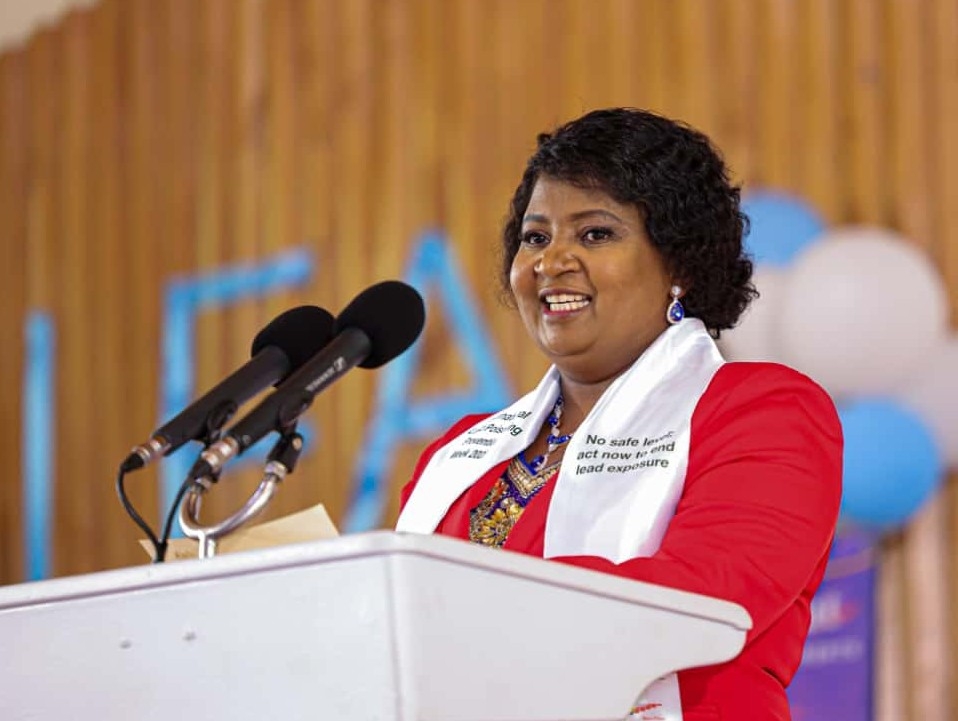Some Kenyan groups have rejected the proposed global pandemic treaty, saying it allows rich countries to behave as they did during Covid-19 when they hoarded vaccines.
The treaty was mooted by retired President Uhuru Kenyatta alongside 24 other world leaders in March 2021.
Its text has been under negotiation and is expected to be ready for adoption during the 77th World Health Assembly, from May 27 to June 1 in Geneva.
Some groups meeting in Nairobi claimed the text has undergone extensive negotiations, resulting in a watered down draft that lacks accountability.
"The recent iteration of the text is filled with platitudes, anemic in obligations, and devoid of any accountability," said Dr Samuel Kinyanjui, country director of Aids Healthcare Foundation Kenya, a global non-profit with regional offices in Nairobi.
Under the present terms, only 20 per cent of pandemic-related health products are guaranteed to the WHO, leaving the remaining 80 per cent vulnerable to market forces, AHF said. "Such an arrangement will effectively leave 80 per cent of crucial vaccines, treatments, and diagnostics prey to the international scramble seen in Covid-19," Kinyanjui said.
Timothy Wafula, programme manager at the Kenya Legal & Ethical Issues Network on HIV and Aids (Kelin) said the proposal lacks tangible provisions for monitoring and compliance, perpetuating past failures in global health security.
"Equity will not be operationalised without effective mechanisms for accountability and enforcement," he said.
The civil society groups said they were marginalised in the decision-making processes.
"The voices of civil society remain marginalised in the decision-making processes of the WHO and its implementation," said Fitsum Lakew Alemayehu, AU liaison manager at WACI Health. In the WHO processes, only governments can negotiate and take decisions.
James Kamau, CEO of the Kenya Treatment Access Movement (Ketam), emphasised the need for binding financial commitments to establish a robust pandemic prevention, preparedness, and response architecture. "Without binding financial commitments and a coherent long-term financing strategy, we risk repeating the failures of the past," he said.
The treaty, which will be legally binding, commits countries to share information on viruses they believe have a pandemic potential. This information can be used by the pharmaceutical industry to produce vaccines. The industry will also donate cash into a pot that countries such as Kenya can use to improve their preparedness and response capacity.
Kenya is likely to benefit from technology transfer to build its vaccine production capacity, according to the Ministry of Health.
The Ministry of Health last week indicated the country strongly supports the current text of the treaty, which rich countries oppose.
“Under the leadership of the Interministerial Negotiating Committee, Kenya has demonstrated its commitment to transparency and inclusivity by hosting a public participation event for the treaty.
This initiative underscores Kenya's dedication to ensuring that the voices of all stakeholders, including civil society organisations and the general public, are heard and considered in shaping the treaty's provisions,” said Public Health Principal Secretary Mary Muthoni in a statement last month.







![[PHOTOS] Council of Governors visits Raila's grave](/_next/image?url=https%3A%2F%2Fcdn.radioafrica.digital%2Fimage%2F2025%2F10%2F59c8111a-6f0d-4719-8587-7e965c4bdd34.jpg&w=3840&q=100)




